As we approach the 70th anniversary of the Korean Armistice Agreement (July 27, 1953), it is timely to reflect on Australia’s contribution to securing what is effectively the frontier of democracy.
Technically, the two Koreas are still at war. But South Korea is thriving as it recovers from decades of occupation by the Japanese and the devastation of the Korean War which saw the capital, Seoul, change hands between the North and South four times before the Armistice.
South Koreans are determined that Seoul will never fall again. With the DMZ only some 50 kilometres from the capital, the evidence of lines of defence are clearly visible to even the most casual observer.
The first time I visited Korea I attended an Asia Society event in Seoul about life on the DMZ for Korean and American soldiers. At the event, a retired Korean general approached me, and thanked me for my service.
‘Thank you for the 340 Australians who lost their lives so that we could create this,’ he said, as he gestured toward Seoul’s metropolis from the upper floors of the Lotte Hotel. ‘I hope what we have done here honours their sacrifice.’
Like many Australians, I didn’t know much about the Korean War other than the stories of the battles of Kapyong, Maryang-san, and Pork Chop Hill. I knew that it was the first major proxy war of the Cold War, and I knew that one of the companies at the Corps of Staff Cadets at Duntroon, (like the company I trained with, Kokoda Company), is named after the Battle of Kapyong.
I also knew that my grandfather served in the British Commonwealth Occupation Force at Hiroshima as part of the 67th Battalion which later become the 3rd Battalion, Royal Australian Regiment (3 RAR). Although my grandfather completed his service before the Korean War began, 3 RAR lived up to the ANZAC legend at Kapyong as part of a force of some 1,500 Australians, Canadians, and New Zealanders who held off a Chinese force with an estimated strength of some 10,000 to 20,000 soldiers.
From such stuff, legends are made.
But I wonder if Australians today understand the importance of sending some 17,000 troops to support the United States and the Republic of Korea (ROK, i.e., South Korea) in the 1950-53 war.
And was it worth it?
I visited the ROK for the second time last month to learn more about Korea’s democracy and the history of the demilitarised zone (DMZ) between the Democratic People’s Republic of Korea (North Korea) and the Republic of Korea (South Korea). I reconnected with two retired colonels I met at the Asia Society, one from the US Army and the other from the ROK Army. They had both served together on the DMZ and are now good mates, and I am grateful that they are now also mates of mine.
We visited two lookouts at the DMZ manned by two different ROK divisions. I was surprised to learn that the ROK Army has about ten times the number of troops in the entire Australian Army serving along the DMZ. This requires quite the national effort, but it also means that Koreans have not only the skills, but the will to defend their way of life.
Australia’s contribution to the Korean War pales in comparison to that of the United States. But that does not mean our commitment is regarded as insignificant by modern Koreans.
As we were taking photographs next to the Commonwealth Memorial, a Korean woman with an armful of grocery bags crossed the street and called out, ‘I will take the photo!’ She put her bags down nearby and gathered us together, took the photo, said, ‘Thank you for your service!’ Bowed, collected her groceries, and went on her way.
We then visited the location of the Battle of Kapyong and the nearby Australian and New Zealand memorials. It was a moving experience, especially since one of my former commanders had referred to visiting the location as a ‘bucket list’ event.
Yet in many ways, the Korean War was Australia’s forgotten war. Some say because it was overshadowed by Kokoda. But Australia’s contribution has not been forgotten by South Koreans, and I will never forget the generosity of the people I met who are committed to not only defending South Korea, but to honouring the memory of all those who have played their part, including our Diggers.
As we approach ANZAC Day, and after witnessing the love-hate relationship that many veterans struggle with as a result of their service (in whatever capacity), it is worth noting that we say:
Take up our quarrel with the foe:
To you from failing hands we throw
The torch; be yours to hold it high…
This is no mere platitude if we take our way of life seriously. Yet it seems that only the Koreans remember how important Australia’s contribution to the frontiers of democracy was and still remains.
At an event in Canberra last week, I asked former Australian Prime Minister, John Howard, about Australia’s commitment to the US alliance and how Australia had enthusiastically supported the alliance, not just performatively (as is common these days), but with Australian lives.
Given recent discussions concerning Aukus, I have been struck by the amount of people who think that our alliance with the United States is somehow an anachronism, as if it is no longer relevant. But those in my family who served in both world wars knew that without the sacrifice of tens of thousands of American lives in the Pacific, things would have been very different in Australia today.
Mr Howard suggested that politicians of all ilks know the importance of the American victories at the Battle of the Coral Sea and at Midway to Australia’s survival, and that Australia’s enduring bipartisan support for the alliance is a testament to that memory.
And if anyone thinks that Australia’s support for the US alliance since the second world war is somehow not relevant in the present, then I urge them to visit the frontier of democracy at the DMZ on the Korean Peninsula. Every day, ordinary Koreans put their lives on the line for global democracy, including you and me.
But remember that Australia’s contribution to Korea’s freedom was paid with the lives of 340 Australians. Inspired by the Korean general’s example, I will never forget that number, nor will I forget that the proportion of Australians who gave the ultimate sacrifice serving in the Korean War was much higher than in Vietnam.
That is not to take away from the contribution of our Vietnam veterans, but for the Korean War to be forgotten when the DMZ remains the frontier of democracy smacks of naivety and ungratefulness. Not only to the Koreans who continue to serve on the DMZ, but to the many Australians, Americans, and Koreans who gave their lives to defend our way of life.
Lest we forget.
Got something to add? Join the discussion and comment below.
Get 10 issues for just $10
Subscribe to The Spectator Australia today for the next 10 magazine issues, plus full online access, for just $10.

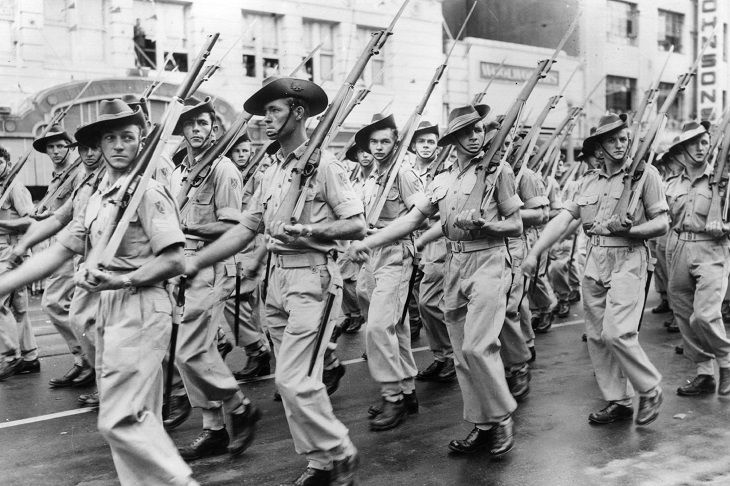
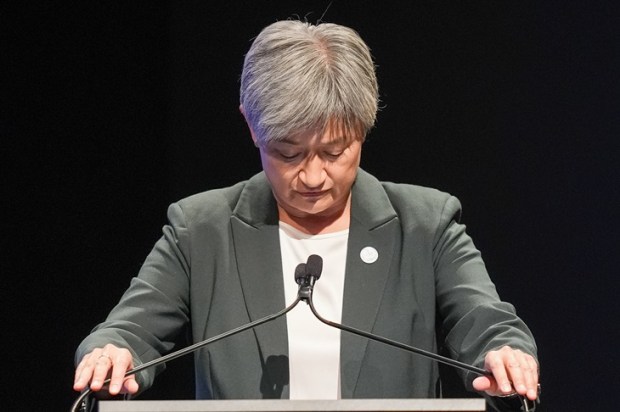

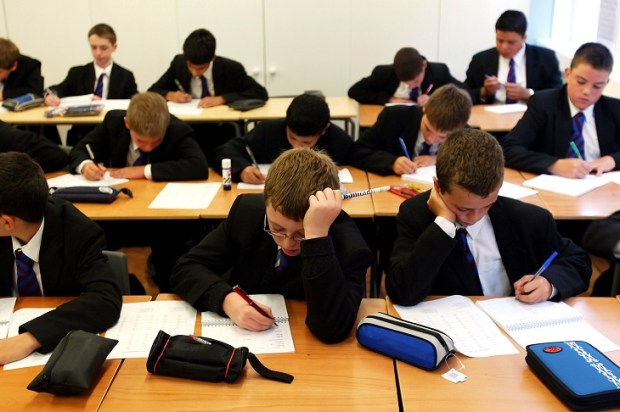
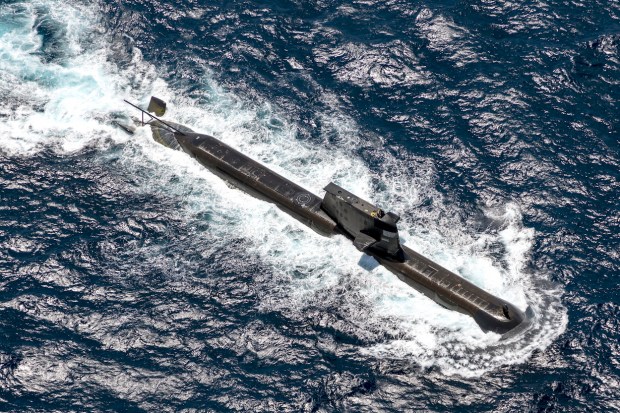
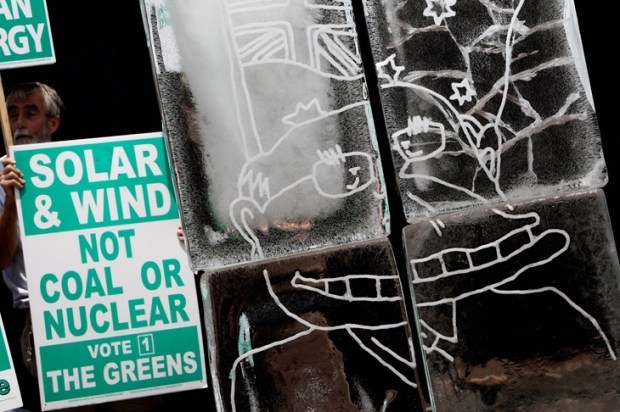
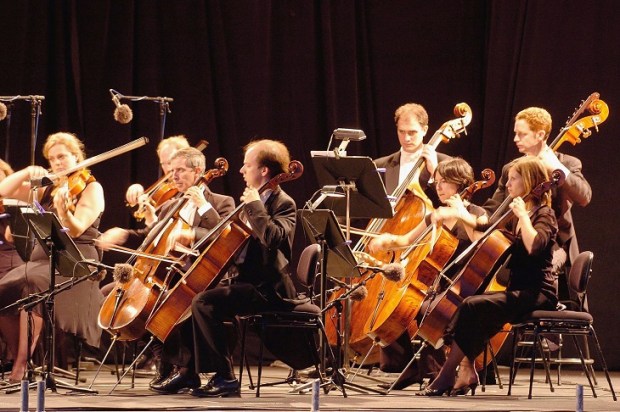


















Comments
Don't miss out
Join the conversation with other Spectator Australia readers. Subscribe to leave a comment.
SUBSCRIBEAlready a subscriber? Log in